 The Defense Acquisition Program Administration (DAPA) of South Korea is responsible for handling and overseeing projects related to military supplies and defense industry procurement. By way of background, DAPA was established by mandate under the South Korean Ministry of Defense with an underlying purpose of project assessment and cost management for military supplies and equipment. In accordance with its mandate, the method by which DAPA assesses and manages costs for military supplies and equipment is to review pertinent supply contracts and the process by which certain military supplies have been procured. As a practical matter, there are circumstances where the structure by a commercial contractor is to propose a main agreement with DAPA and a subcontract for pertinent supplies with a third party subcontractor, in line with applicable laws. In such structure wherein the contracts are between a supplier as subcontractor and a commercial entity as main supplier, the rights and obligations of such third party supply contract would be between independent private entities. Accordingly, when there is no direct contractual obligation imposed on DAPA as a nonparty, as a general matter, regulations do not preclude such proposed structure. Nonetheless, whether the contract is between a main supplier and DAPA or a main supplier and a third party subcontractor, it is important to ensure that there is no direct contractual harm to DAPA or direct and/or indirect conflict with DAPA regulations in the proposed contractual structure. Three key questions to ask when entering into contracts involving DAPA as a direct party, or as a beneficiary of a subcontract between commercial entities, are as follows: Firstly, are the terms of the proposed agreement in line with the governing law? – For an agreement to be enforceable in Korea, it is necessary for the agreement to be deemed legally valid and binding. For this purpose, it would of primary importance to ensure that the proposed agreement is in line with the governing law of the agreement itself as well as any other pertinent laws. For example, DAPA’s Purchase and Supply Agreements are subject to review of unit prices as stipulated pursuant to relevant governing laws pertaining to contracts, whereby prices set forth in agreements are subject to review for consistency and accuracy. Thus, it would be prudent to confirm and to seek advice on whether a company’s agreement is consistent with legal requirements. If costs are not defined and specified, then there is a risk that a party may argue that no clear agreement was reached as to the exact quantity and scope of what was being purchased, and thus a charge for such costs are not justifiable until the value of the supplies are established by the supplier. To prevent a situation from occurring where the value of costs are at issue, it is useful for costs to be specified to the extent possible from the onset. Thirdly, is the agreement likely or unlikely to pass the scrutiny of review by DAPA’s Contract Review Committee? – DAPA ensures that its contracts are subject to review through the Defense Acquisition Program Execution Committee, which oversees the acquisition process for transparent acquisition. In terms of contract review, DAPA will monitor its contracts with commercial suppliers in accordance with contract norms and laws applicable to arms-length transactions reflected in contracts between the state and private entities whereby costs for products reflect the value and quantity of those products being purchased. Thus, it would be prudent for a company to diffuse the potential for any misinterpretation in terms of the scope of the acquisition and the treatment of pricing in supply contracts at the beginning stages of entering into such contracts. As an example, where a contracting party has sole and absolute discretion to determine and alter the quantity and price of supplies at any time without any given notice, with or without fair and reasonable grounds, such clause may serve directly or indirectly to adversely affect the necessary supply obligations to DAPA. In such case, depending on the facts involved, the contract may potentially be viewed as one-sided wherein the benefit to the contracting parties may be outweighed by the potential harm resulting from a unilateral decision to alter the price of supplies and/or related services. If the terms of the agreement and actual implementation thereof are considered by reasonable third parties as being generally fair and reasonable, it is less likely that issues will arise in connection with the agreement. |
Lee International IP & Law Group
Poongsan Bldg. 23, Chungjeongro
Seodaemun-gu, Seoul 120-013, Korea
Tel: 82 2 2279 3631 / Fax: 82 2 2273 4605
Email: lblee@leeinternational.com
Website: www.leeinternational.com



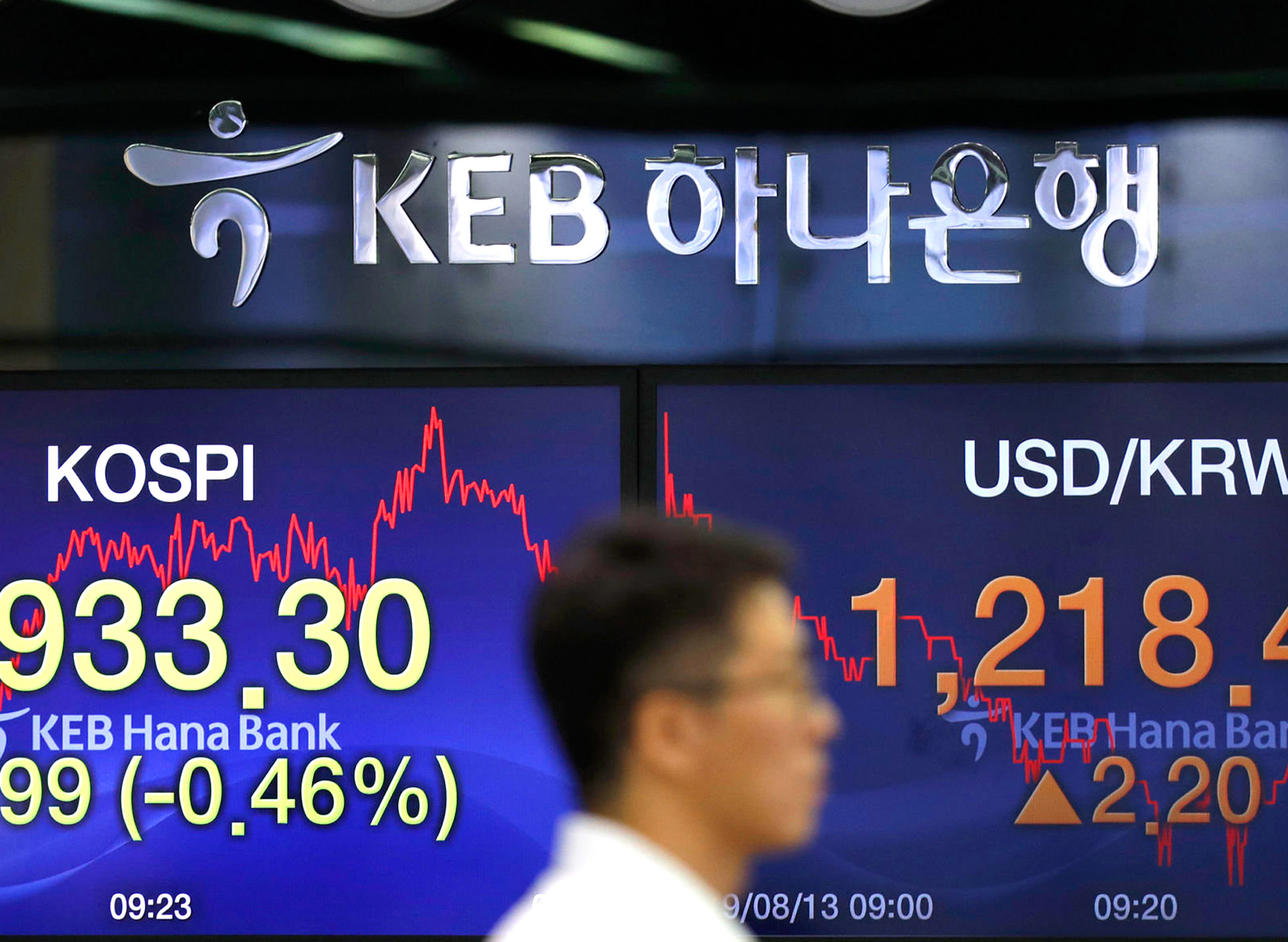


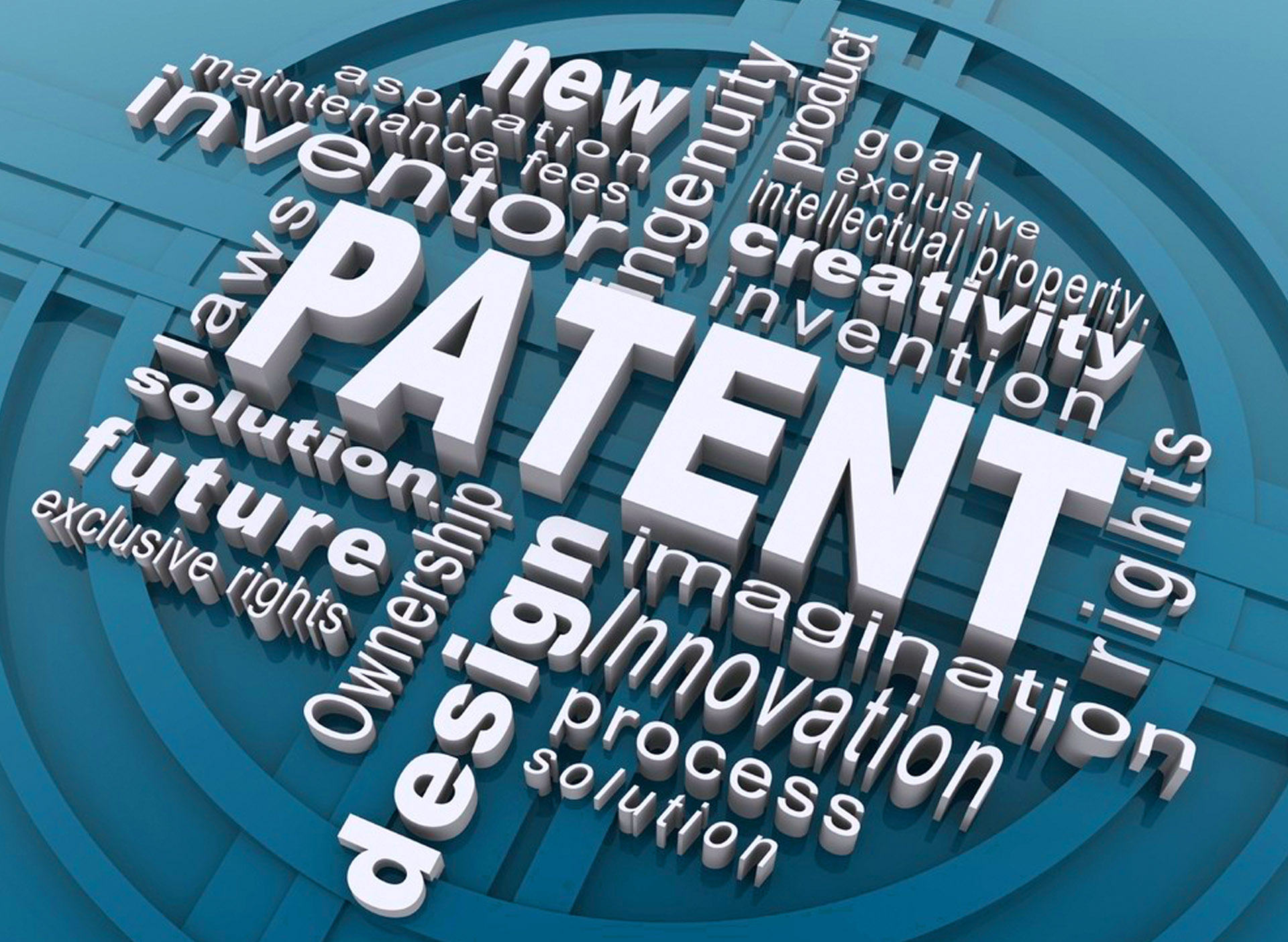

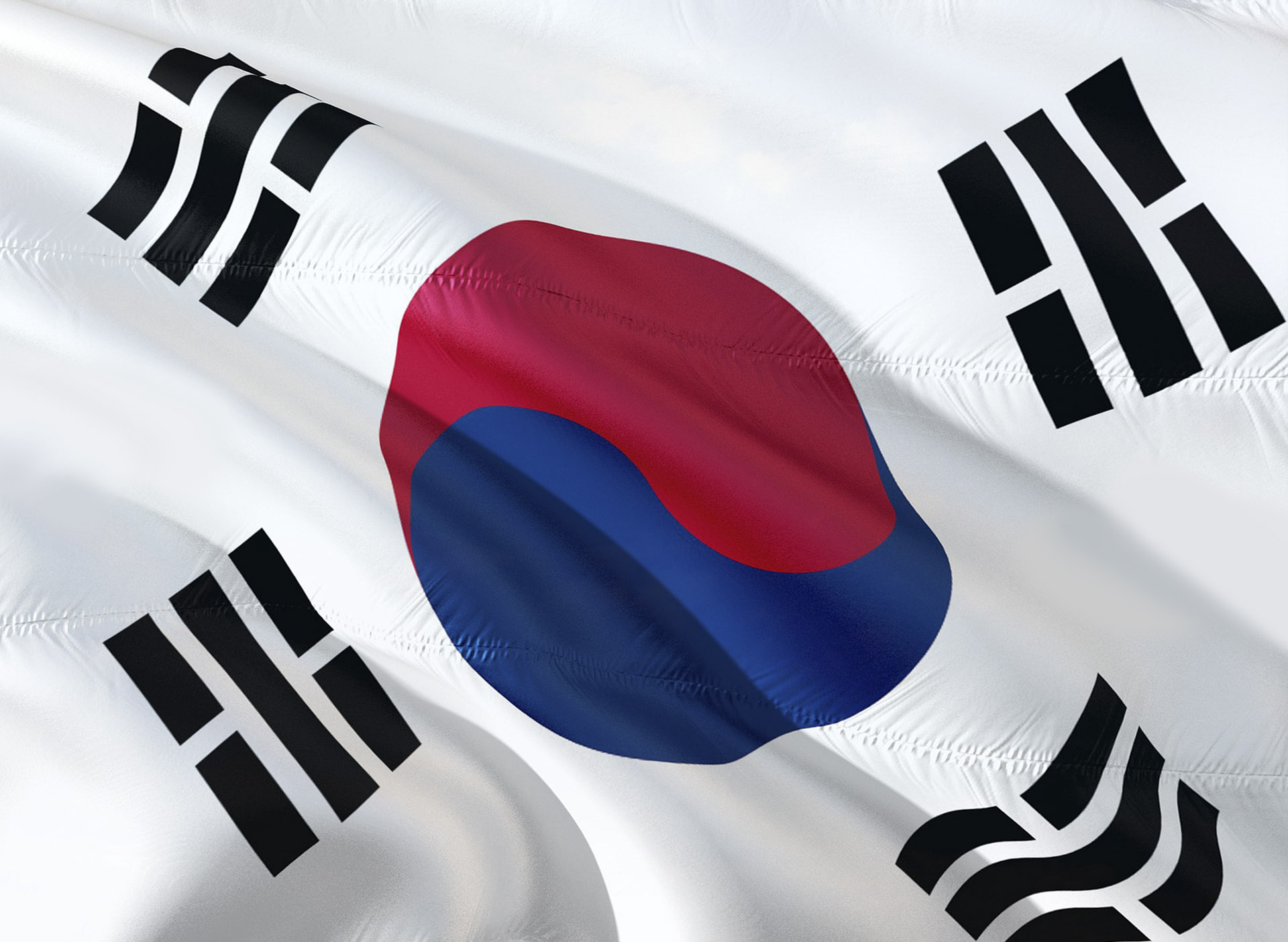


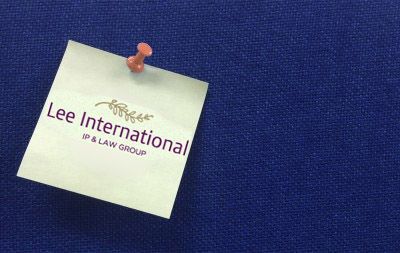













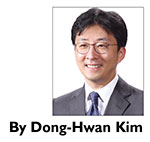







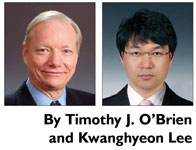






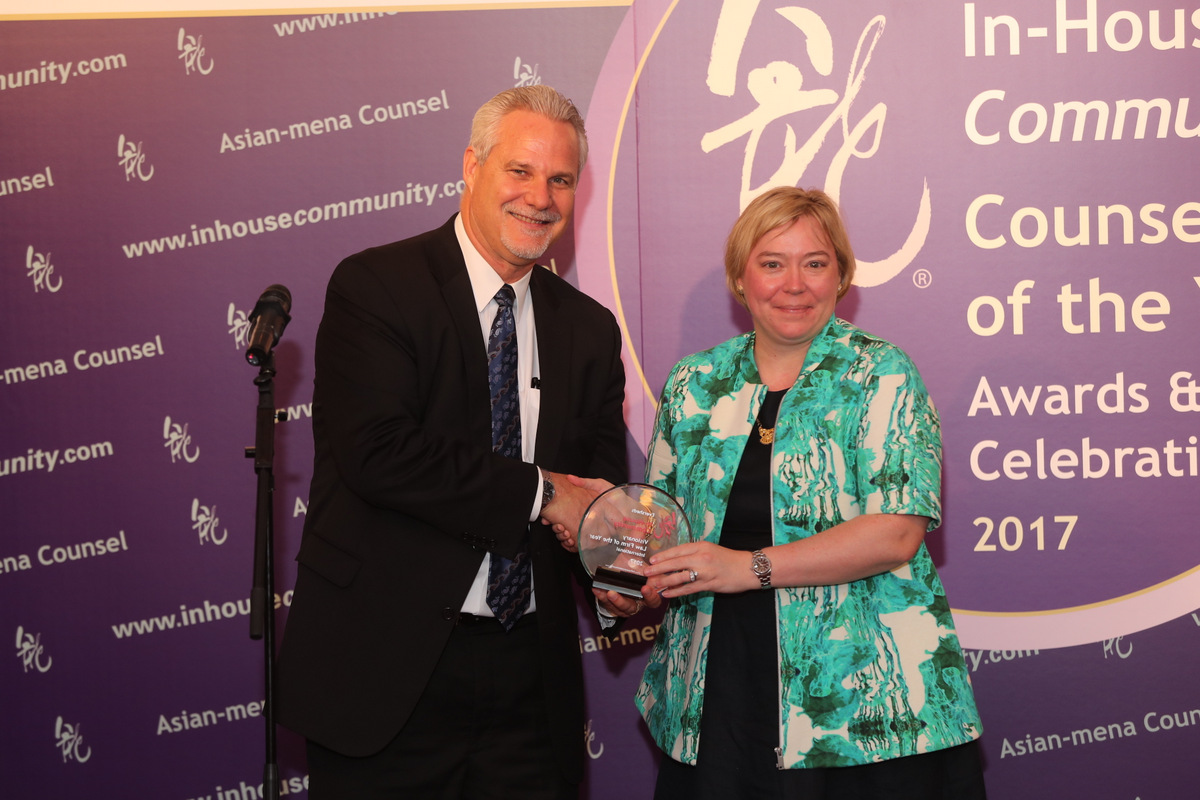
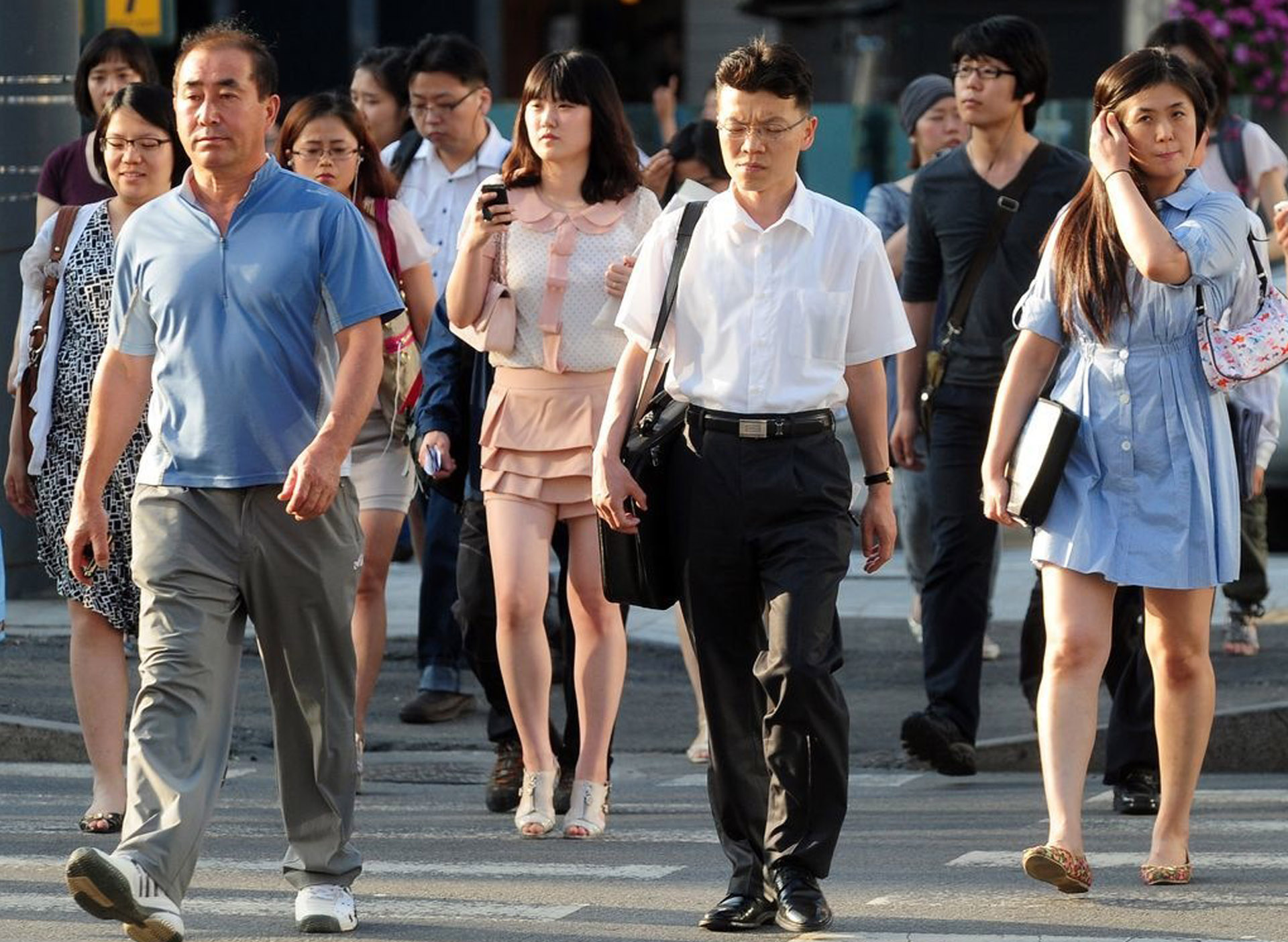

 Nicholas H. Park
Nicholas H. Park







